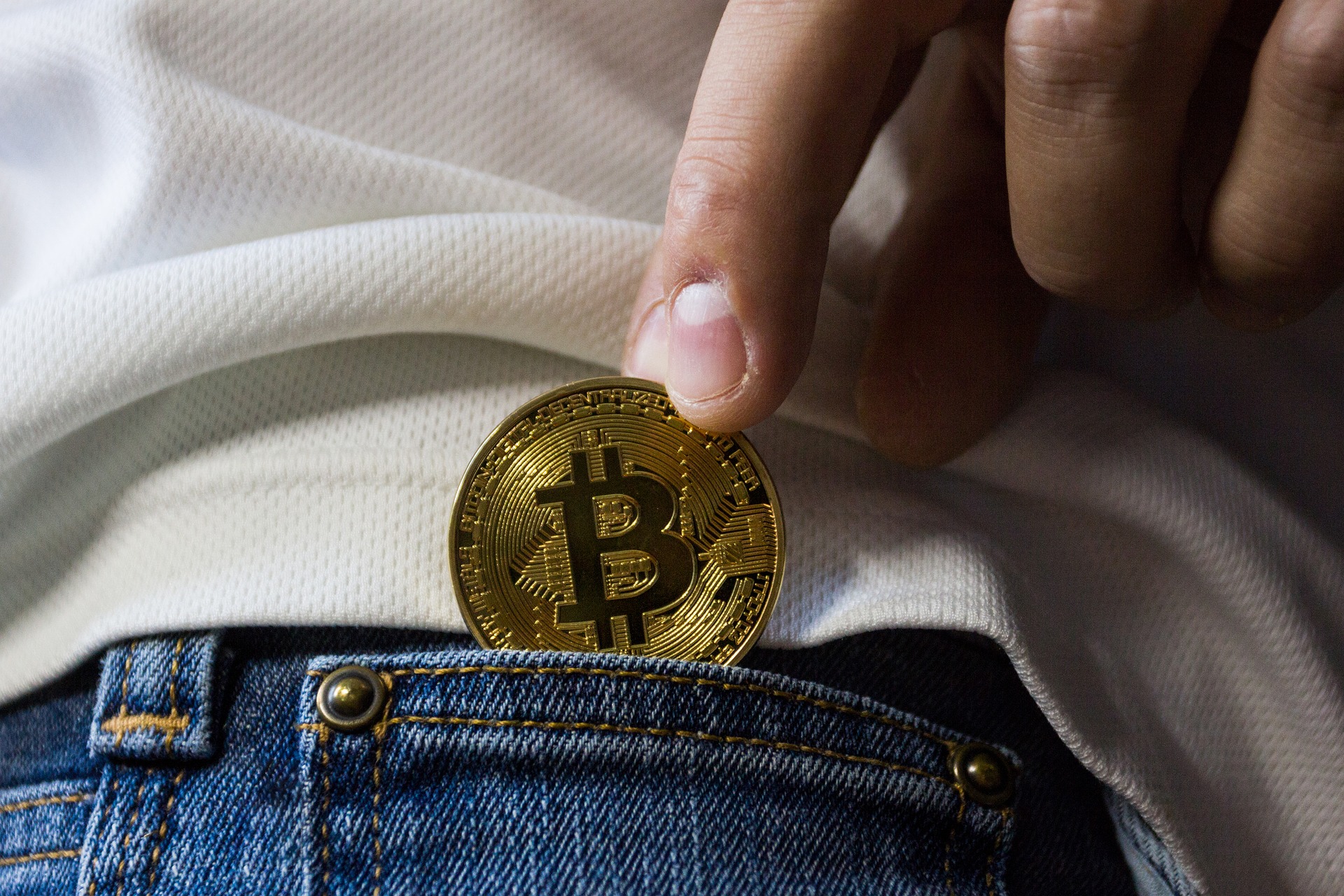I assume by now you have probably dived in with the rest of the world, and bought some bitcoin/alt. coins. If you haven’t, you can do so by downloading the app Coinbase, and using any major credit or debit card. This is where many people purchase their first coins. Some people even store their coins there, but do so with unseen risks. I think that storing your coins anywhere other than paper or hardware wallets is a major mistake. I say this from the viewpoint of control and security. If you were to be like most people and hold your coins on an exchange like Coinbase/Gdax you have no control of your private keys. You technically don’t own your coins anymore when they sit on an exchange. Instead, the exchange owner has your coins, and all you have is an IOU (aka. I owe you).
Now, this is where everyone says, “back up Jake, what is a private key?” In short, it’s your signature. When you use any type of wallet out there, whether it’s a software, hardware, desktop, or paper, none of them store any of your coins. It’s very different from that of your normal wallet for paper fiat currency. These digital wallets only store your private keys, or digital signature, that allows your coins to be sent to a different location on the blockchain. Imagine the new age version of a check that has to be signed before its valid. Anyone with your private key has your signature, and can move your coins anywhere they want. Now, big institutions like Coinbase probably are not who we need to be leery of. I’m more worried about the people who might hack Coinbase to steal everyone’s funds. Again, I’m not trying to scare you, that’s not my point. I just want to show you the flaw with holding coins anywhere you don’t have full control of your keys. Luckily for you, that’s where hardware wallets come to the rescue.
Hardware wallets are like little USB drives that store your private keys on the device itself, and are only accessible after entering your user chosen pin.
It’s one of the most secure ways to hold your coins, and something I recommend to anyone holding more than two week’s pay in crypto. In the past, when you looked to purchase your first hardware wallet there were really only three options: Trezor, Ledger Nano S, and Keepkey. More recently both Trezor and Ledger (the top two in this space) have both come out with new touchscreen models, the Ledger Blue and Trezor T. Both of which make pin entry more streamline on the device with not needing to do so on the computer, and are what most of us will be using in the future. For myself, I have both a Trezor and a Ledger Blue as well as a pre-order for the new Trezor T, which starts shipping February 2018. I think both are great, and you can’t go wrong with either.
The most important thing you can do is to safeguard your keys, and order a hardware wallet.
Bitcoin was created with the idea of giving you more control over your money, why would you want to give some of that control up?
Jake Larmour

